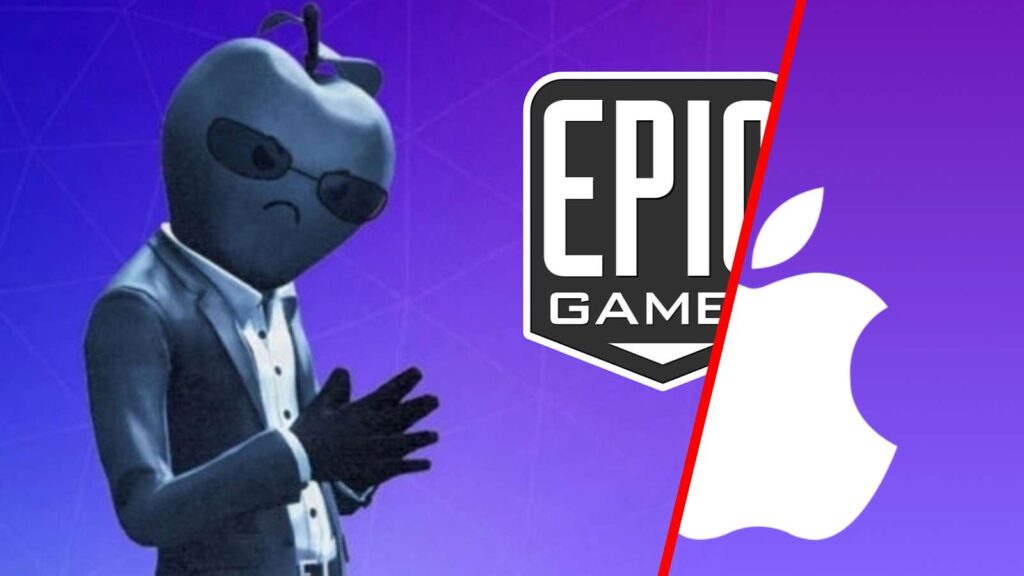In recent years, Epic Games has become almost as famous for its legal battles as it has for its blockbuster game, Fortnite. With high-profile lawsuits against companies like Apple and Google, and growing tensions with major platform holders and regulators, many players are wondering: what does all this mean for Fortnite’s future?
The Apple and Google Battles
Epic’s lawsuit against Apple in 2020 over App Store fees — sparked by Fortnite’s direct payment system — was a pivotal moment. Though Epic didn’t win a complete victory, the lawsuit did result in changes to how developers can guide users to alternative payment methods. However, Fortnite has remained unavailable on the iOS App Store for years, limiting the game’s reach on iPhones and iPads.
Similarly, Epic sued Google over its Play Store practices. In late 2023, Epic won a major jury verdict against Google, with the court finding that Google’s app store practices were anticompetitive. This opens the door for Fortnite’s broader return to Android devices without being tied strictly to Google’s Play Store rules.

Impact:
- Fortnite may become more widely available on mobile again — but likely through alternative app stores or direct downloads, not the traditional App Store or Play Store models.
- Epic’s push for platform independence could lead to a more fragmented experience for mobile players.
- Other developers are now following Epic’s lead, demanding more favorable platform terms.
New Laws and Regulations
Beyond individual lawsuits, Epic’s legal fights have contributed to a wave of regulatory scrutiny over Big Tech. The EU’s Digital Markets Act (DMA), passed in 2023, forces Apple to allow third-party app stores in Europe. Similar legislation is being considered in other regions.
Impact:
- Fortnite could see official re-releases on iOS in Europe through third-party stores in 2025 and beyond.
- Epic might gain leverage to negotiate better terms with platform holders globally.
- However, differing rules between regions could create a confusing experience for players across different countries.
Epic’s Aggressive Stance on Creator Rights
Epic has also recently been in disputes over content ownership and revenue sharing — especially within Fortnite Creative 2.0 (UEFN) and its new Creator Economy. Epic aims to empower creators by offering a larger share of revenue from player-made content. This could strain relations with traditional intellectual property holders and even some big-name artists or brands.
Impact:
- Fortnite’s ecosystem might become even more creator-driven, boosting fresh content and innovation.
- Legal disputes could slow down or limit certain collaborations, especially with sensitive or protective brands.

Possible Risks to Fortnite’s Future
While Epic’s bold legal moves have potential upsides, there are risks, too:
- Isolation Risk: Losing access to mainstream app stores for too long could permanently shrink Fortnite’s mobile player base.
- Financial Strain: Lawsuits cost hundreds of millions of dollars; Epic has had to cut jobs and cancel projects to focus on legal and platform battles.
- Reputation Risks: If players feel the game’s quality or availability is suffering because of Epic’s legal ambitions, it could damage Fortnite’s dominant position.
A Strategic Gamble
Epic’s legal strategy is clear: it wants more control over how Fortnite — and future Epic products — are distributed and monetized. If successful, this could make Fortnite more available, cheaper to play, and even more open to creative innovation.
But the road there will be bumpy. Players can expect more store changes, regional differences, and temporary disruptions in the coming years.
One thing is certain:
Epic isn’t just fighting for Fortnite’s future — it’s reshaping the entire gaming industry at the same time.





Add comment